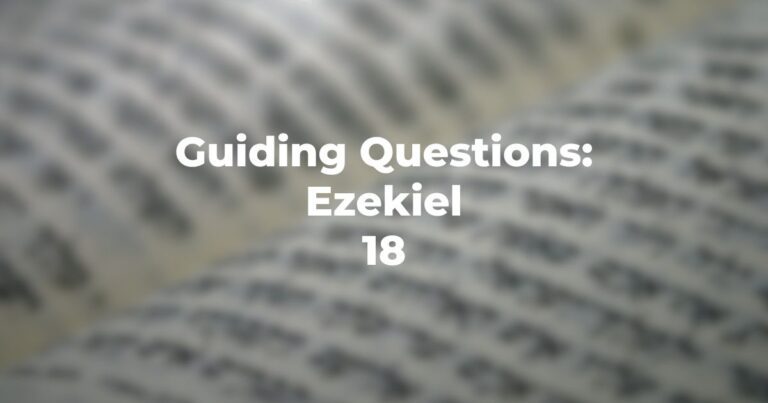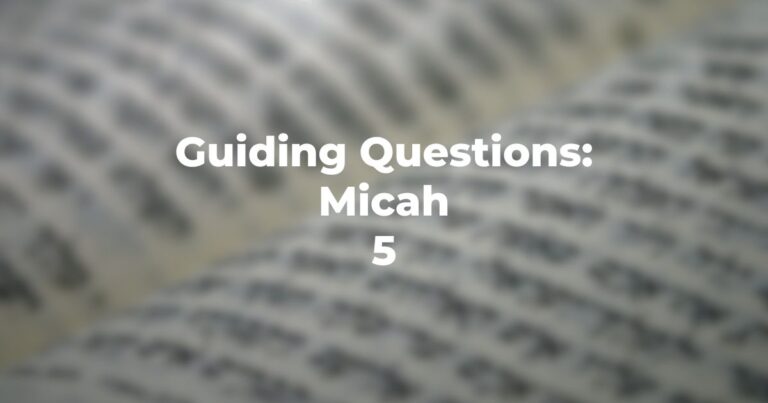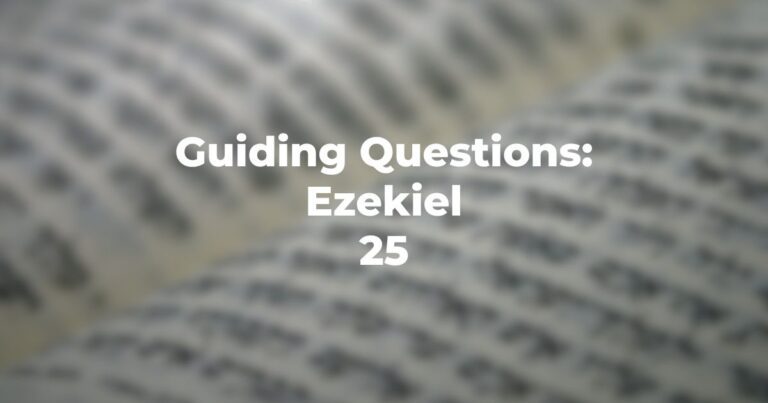- From Jeremiah 26:1-2, would it appear that the Temple was in existence at the time when this chapter was “spoken” and/or written?
- In Jeremiah 26:3, reference is made to God’s “turning away from the destruction which It has planned”. How is change to be understood in the Immutable?
- What is predicted for the Temple (Jeremiah 26:6) if the mitzvah pattern is not followed?
- And, having heard Jeremiah, what is the reaction of the officials of the Temple (Jeremiah 26:8) and what is their aspiration for the prophet?
- According to Jeremiah 26:11, what is the charge against Jeremiah? Has he done something or is it a matter of having said something?
- Is Jeremiah’s reaction one of apologia? Or, does he affirm his mandate?
- And, in Jeremiah 26:14, what is the attitude of the prophet towards his person in comparison with his attitude towards his calling?
- Do the officers share the opinion of the Temple officials (Jeremiah 26:16) or do they take a different point of view?
- Who else joins with the officers in siding with Jeremiah?
- Were there others who prophesied in God’s name along similar lines (Jeremiah 26:20-21)?
- What was the final destiny of that prophet who was “extradited” from Egypt?
- What are the “burial places of B’ney Ha’am”?
- Who, then, finally protected Jeremiah from the masses (or mob)?
Author
-

Exploring Judaism is the digital home for Conservative/Masorti Judaism, embracing the beauty and complexity of Judaism, and our personal search for meaning, learning, and connecting. Our goal is to create content based on three core framing: Meaning-Making (Why?), Practical Living (How?), and Explainers (What?).
View all posts




